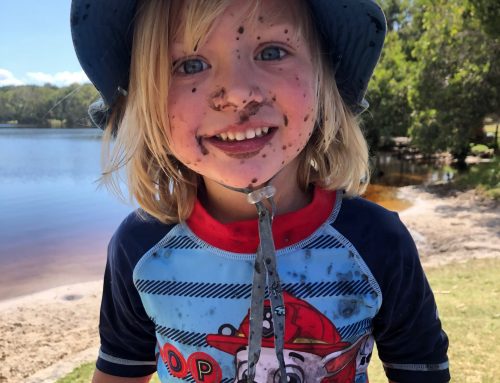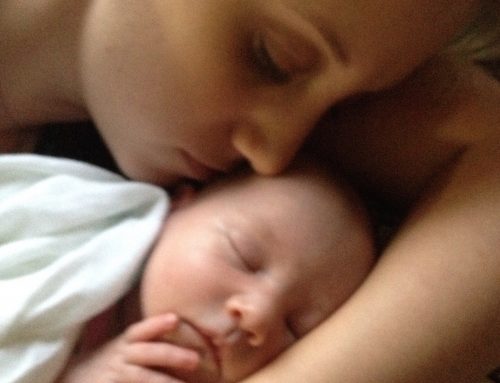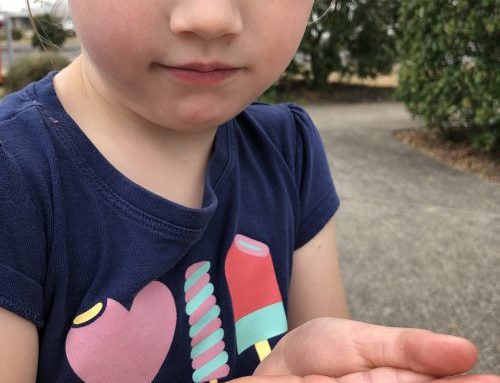I have a bit to say about this issue in “Your Cherished Baby”. This is a short excerpt from the chapter on toddlers……
As one year approaches the baby’s brain has doubled in size, under the weight of all the new brain connections. Through the previous months he has acquired the basics of security, self-worth and communication from his parents and carers, using his body and his gaze. Now he embarks on the exciting journey of mobility, dexterity, language acquisition and more. He will learn how the world works, and his place within it.
As he stands on the threshold of mobile toddlerhood he starts to recognise his own individuality. To find that he is not actually part of his mother’s body and is, in fact, a free agent is wildly exhilarating and terrifying in equal measure. As a consequence his behaviour starts to oscillate between reckless exploration and bouts of anxious timidity, which cause him to beat a retreat to familiarity, warmth and love.
He requires this safe haven of security to recharge his emotional batteries and regroup, before returning, re-energised, to his forays.
It is at this time he critically needs an outer boundary of reasonable, consistent limits beyond which he cannot pass. He needs them to keep him safe, to slow him down long enough to develop some experience of the world and to define his frontiers. Without a designated perimeter he has no idea how far his power extends. And he is driven to find out.
…….
Spoilt kids are those who don’t know the extent of their power because they have not had defined limits enforced in their lives.
- Some parents just check out at this stage and let the kids run free. They embark on a program of ‘discipline by negotiation’, attempting to engage the child as if he was an adult. These parents desperately want their kids to like them and be their friend. They don’t realise that, as long as they are not actually neglected, children love their parents however the parent behaves. To feel secure the children need a consistent, reliable and sometimes non-negotiable base at home.
- Another group of parents just don’t care and don’t give the child what he needs most: time, and lots of attention. This usually makes the child sad and angry, and his toddler behaviour is derived from that negative emotional state. No wonder he becomes a ‘Terrible Two’.
- Often the parents, in an effort to protect their children against the normal frustrations of life, have shielded them and cocooned them in an unreal world of constant positivity.
- Perhaps they have showered them with gifts and caved in to their demands even though their behaviour has not justified reward.
- Occasionally the children are just following the behaviour of their parents, who demonstrate self-centred, inconsiderate and manipulative behaviour in their own lives.
Without clear guidance these children become increasingly concerned that the family relies upon them to set their own limits and, innately, they know that situation is untenable. They will keep on pushing till they find something concrete on which they can rely. Unfortunately for the indulging or ignoring parents, that can be when the toddler’s behaviour becomes so extreme as to be intolerable. We then have a situation of angry, overbearing children and demoralised, beaten parents.”
Excerpt from “YOUR CHERISHED BABY” by Dr Howard Chilton, Chapter 20, ‘The Relentless Toddler’. Published by PanMacmillan Australia. Available all bookshops and online.










Leave A Comment
You must be logged in to post a comment.